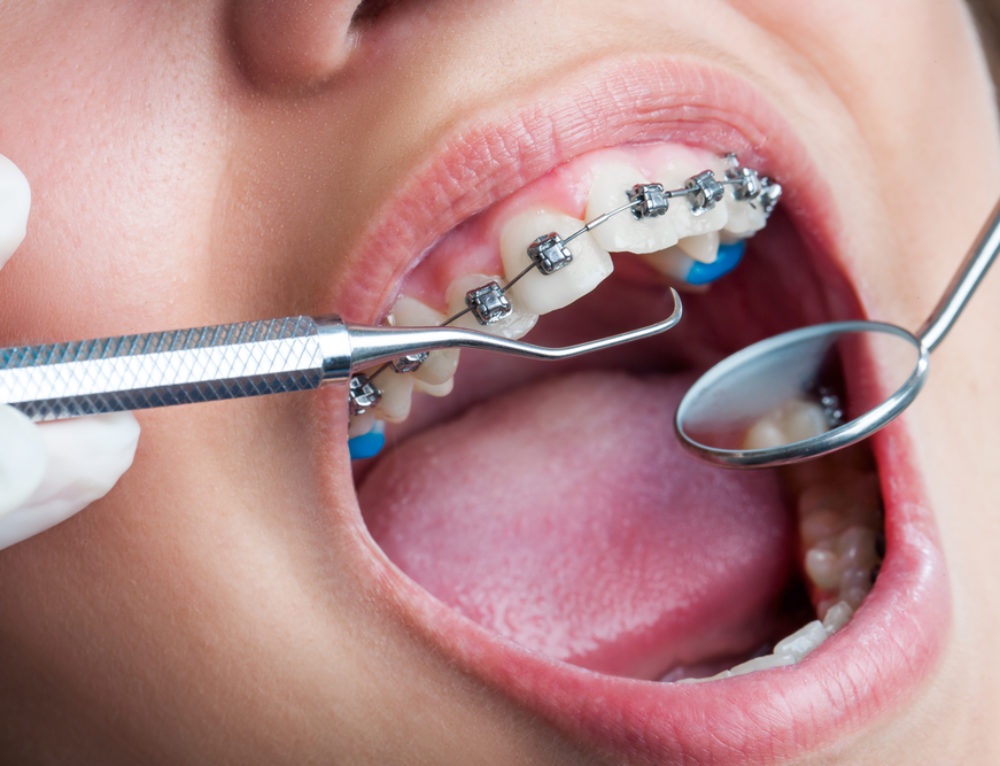Our teeth are the best grinding machine fitted in our mouths. They are marvels of engineering, chomping, grinding. But like any hardworking machine, they need regular maintenance to avoid problems.
In this blog, we explore five common tooth troubles and simple steps to keep your smile healthy and bright.
1. Toothache
Toothaches, that throbbing, sharp pain in your tooth, is never pleasant.
➔ Causes:
● Cavities:
When plaque buildup isn't removed, bacteria produce acids that eat away at your tooth enamel, leading to cavities and potential toothaches.
● Gum disease:
Gum inflammation (gingivitis) or advanced gum disease (periodontitis) can irritate the nerves around the tooth, causing pain.
● Abscess:
A pus-filled infection at the root of the tooth can cause intense pain and swelling.
● Exposed tooth root:
Worn-down enamel or receding gums can expose the sensitive root surface, leading to sharp pain with hot or cold foods.
➔ Prevention:
● Brushing and flossing:
Regular brushing (twice a day) and flossing (once daily) remove plaque and food particles contributing to cavities and gum disease.
● Fluoride:
Fluoride strengthens tooth enamel, making it more resistant to decay. Use fluoridated toothpaste and consider a fluoride mouthwash if recommended by your dentist.
● Healthy diet:
Limit sugary foods and drinks that feed plaque bacteria. Opt for fruits, vegetables, and calcium rich foods for a smile supporting diet.
● Regular dental checkups:
Schedule regular dental appointments for cleanings and professional exams to identify and address any potential problems early on.
2. Painful Gums
Healthy gums are the foundation of a healthy smile. Painful, swollen, or bleeding gums can be a sign of gingivitis, the early stage of gum disease. Left untreated, it can progress to periodontitis, which can damage the jawbone and lead to tooth loss.
➔ Prevention:
● Brushing and flossing:
As mentioned earlier, consistent oral hygiene is key to preventing gum disease.
● Gentle brushing:
Brushing too hard can irritate the gums. Use a soft-bristled brush and gentle circular motions to clean teeth and gums effectively.
● Balanced diet:
A diet rich in fruits, vegetables, and whole grains provides essential vitamins and minerals for healthy gums.
● Don't smoke:
Smoking weakens the immune system and increases the risk of gum disease.
3. Broken Tooth
A chipped, cracked, or broken tooth can happen due to accidents, biting on hard objects, or teeth grinding. A broken tooth can be sensitive to pain, temperature, and pressure.
➔ Prevention:
● Be mindful of what you bite:
Avoid chewing on hard candies, ice cubes, or other hard objects that can chip or crack teeth.
● Wear a mouthguard:
Wear a mouthguard to protect your teeth if you play sports or engage in activities with a high risk of falls.
● Nightguards:
If you grind your teeth at night, a nightguard can prevent teeth from wearing down or fracturing.
4. Cavities
Cavities, also known as tooth decay, are holes in your teeth caused by plaque buildup and acid erosion. Left untreated, cavities can lead to toothaches, sensitivity, and even tooth loss.
➔ Prevention:
● Brushing and flossing:
Consistent oral hygiene is your best defence against cavities.
● Limit sugary foods and drinks:
Sugar feeds the bacteria that cause cavities. Reduce sugary treats and drinks, and rinse your mouth with water after consuming them.
● Fluoride:
Use fluoridated toothpaste and consider fluoride supplements if recommended by your dentist.
5. Abscess
A dental abscess is a pus-filled infection at the root of the tooth. It can cause severe pain, swelling in the face, and even fever. Abscesses require prompt dental attention to prevent the infection from spreading.
➔ Prevention:
● Maintain good oral hygiene:
Brushing and flossing regularly removes plaque and bacteria that can contribute to infections.
● Early treatment:
If you experience a toothache or gum sensitivity, don't delay. Early intervention by a dentist can prevent an abscess from developing.
● Regular dental checkups:
Regular dental visits allow your dentist to identify and address potential problems before they become serious.
If left untreated, the aforementioned tooth problems can lead to severe health hazards. You can easily prevent these by following a comprehensive oral hygiene regimen. However, if the problems persist or worsen, contact Emerdency for an emergency dentist in Birmingham right away.
Our experienced dentists are the best emergency dentists in the UK. They are highly skilled in their craft and offer the best treatment because taking care of your teeth isn't just about vanity; it's about maintaining your overall health.


No comments yet